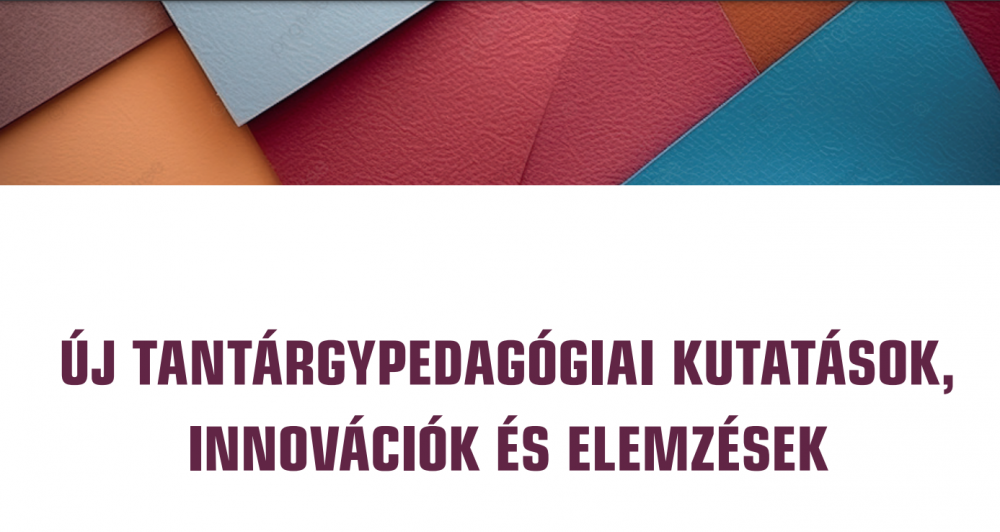Judit Tóth PhD student, PTE BTK "Education and Society" Doctoral School of Education Richard Fodor assistant professor, Pázmány Péter Catholic University BTK János Vitéz Teacher Training Center
Abstract
Recent international education strategies show that interest is focused on school efficiency and adaptability of knowledge acquired at school, as reflected in OECD annual reports or educational guidance documents published by the European Union. This focus on knowledge as an instrumental factor also forces education systems to change. This study presents the content regulation context of history teaching in two countries of the United Kingdom (England and Scotland), which have significantly different curricular structures and examination systems than the Hungarian. The different objectives of history teaching can be seen in the different curriculum arrangement (curriculum-type), in the curriculum of the history course, in its electiveness, and in the methodology of exam preparation. The aim of this paper is to provide an outlook and two different examples of educational philosophy that can help us evaluate our own history teaching system. The Anglo-Saxon education system in the United Kingdom developed according to a development model markedly different from continental structures, resulting in a diverse, decentralised framework with broad autonomy. In the study, we compare the two cornerstones of the content regulation of the two education systems: the curriculum and the role of school leaving examination in secondary history teaching.
Keywords: history teaching, content regulation, curriculum, examination, England, Scotland
This research is currently only avaliable in Hungarian: https://tanulaskutatointezet.hu/uploads



